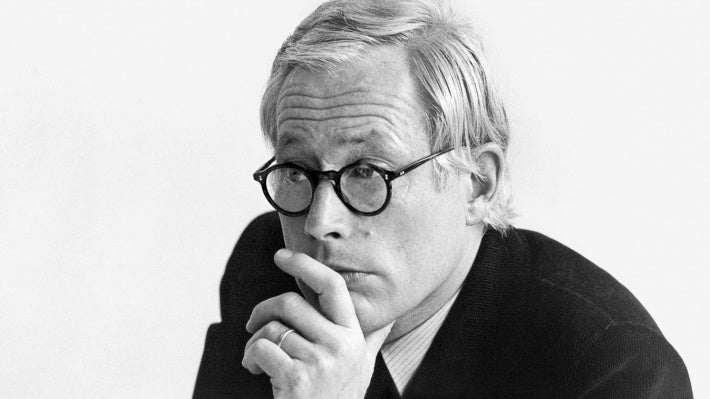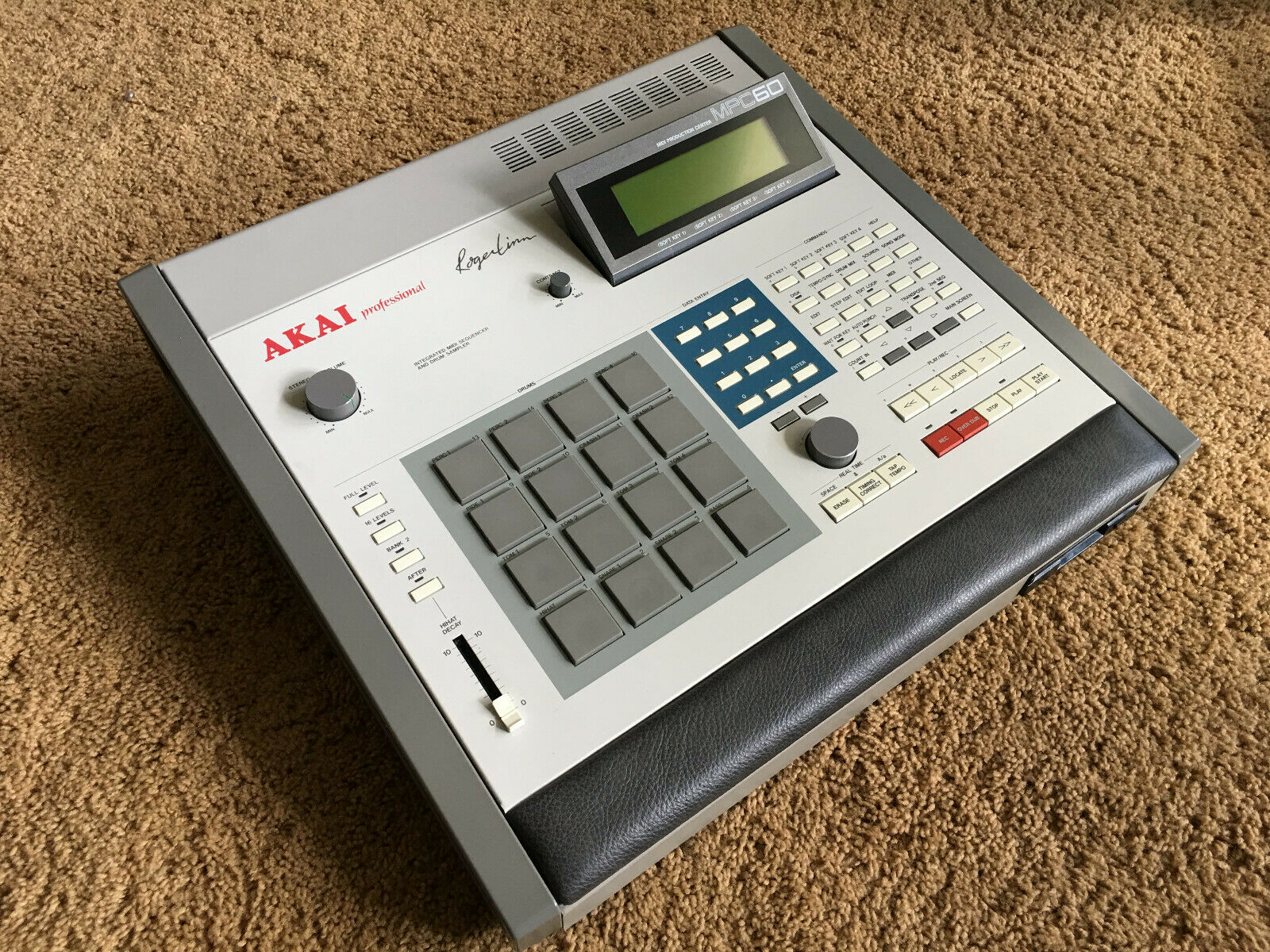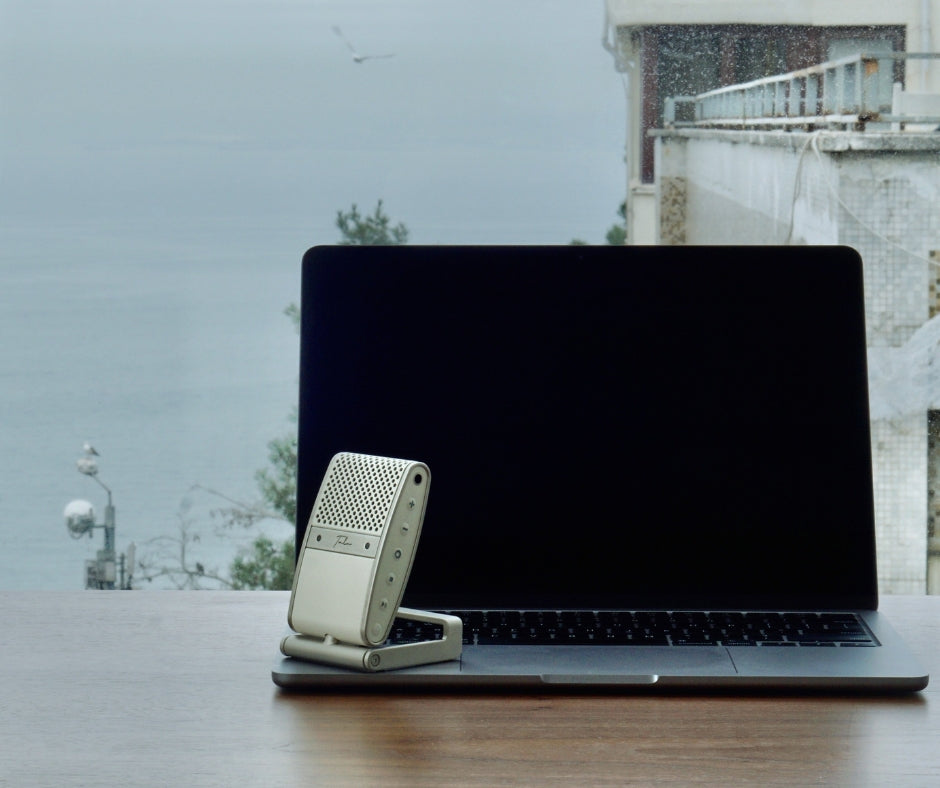Dieter Rams is a German industrial designer and architect who has had a significant impact on the field of design. His work, which spans more than five decades, is characterized by a focus on functionality, simplicity, and user-friendliness.
Rams first gained prominence as the Chief Design Officer of Braun, a German consumer electronics company, where he helped to develop a range of products that are still considered classics today, including the SK-4 record player and the T1000 radio.
One of the key principles of Rams' design philosophy is the concept of "less, but better." This means that he believed that good design should be pared down to its essential elements and should not be cluttered with unnecessary features or decorations. This approach is reflected in the clean, minimal aesthetic of many of his designs, which often use simple, geometric forms and a limited color palette.
Another important aspect of Rams' design philosophy is his emphasis on functionality. He believed that products should be designed to be as useful and practical as possible, and that they should be easy to use and understand. This means that he preferred designs that were intuitive and straightforward, rather than those that were overly complex or confusing.
Rams was also concerned with the environmental impact of design, and he believed that designers had a responsibility to create products that were sustainable and long-lasting. He argued that good design should be able to stand the test of time, both in terms of its functionality and its aesthetic appeal.
In addition to his work at Braun, Rams has also taught design at various institutions and has written extensively about his design philosophy. His ideas have had a lasting influence on the field of design and continue to be widely studied and admired. So, Dieter Rams' design philosophy can be summarized as follows:
- "Less, but better" - good design should be pared down to its essential elements and should not be cluttered with unnecessary features or decorations.
- Functionality - products should be designed to be as useful and practical as possible, and should be easy to use and understand.
- Sustainability - designers have a responsibility to create products that are sustainable and long-lasting. Good design should be able to stand the test of time.




Dejar un comentario
Este sitio está protegido por hCaptcha y se aplican la Política de privacidad de hCaptcha y los Términos del servicio.